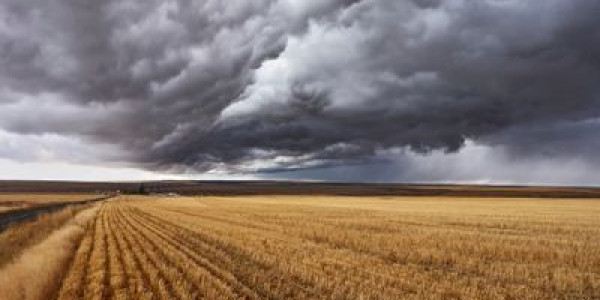Taylor Scott International News
BY SHANNON SHERRY, AUGUST 29 2013 Picture: THINKSTOCK Although seen as a “new asset class”, investing in farmland ” is as old as humankind”, says Duncan Vink, head of asset manager the United Farmers Fund, which partners Futuregrowth. The company has employed the model in three projects since starting the Agri-Fund in December 2010 — a citrus farm in Marble Hall, Limpopo; table grape farms in the Northern Cape; and a deciduous and stone fruit farm in Piketberg, the Western Cape. Futuregrowth Agri-Fund manager Smital Rambhai says its investment in farmland on behalf of clients through its Agri-Fund forms part of its social responsibility suite that seeks to make “sustainable and responsible” investments. The Agri-Fund has a target size of R1bn and aims for returns of 10% plus inflation. The minimum investment is R50m, mainly from pension and provident funds. “We own the land, the farming implements and infrastructure and the trees and plants. The operator owns the produce and has to pay the lease and the costs, including labour,” says Mr Rambhai. Mr Vink says the buy-and-lease model means that the farmer’s biggest capital outlay — land — is circumvented while for investors it is easy to structure, takes less time to monitor and there is no exposure to volatile crop prices. “Food prices are rising and as long as people eat, productive farmland will have value,” Mr Vink says. “Investing in farming has two different possibilities — investing in the property or in the farming. Historically, the property entity has outperformed the farming business,” he says. The social spin-offs of the investments include job creation, provision of basic healthcare and education for workers, improving their housing and personal development, such as identifying employees for management training. GM of Standard Bank primary sector agribusiness MC Loock says from a farmer’s point or view the term of a contract would be most important when considering whether to lease. He believes farmers leasing land under the Futuregrowth model would be free of risk of land claims. “Younger farmers often look to lease land rather than buy, much like a young couple renting a home rather than buying, as a means of leveraging their balance sheets. But as soon as they can they want to get into the property market rather than pay off someone else’s bond.” Taylor Scott International
Taylor Scott International, Taylor Scott








